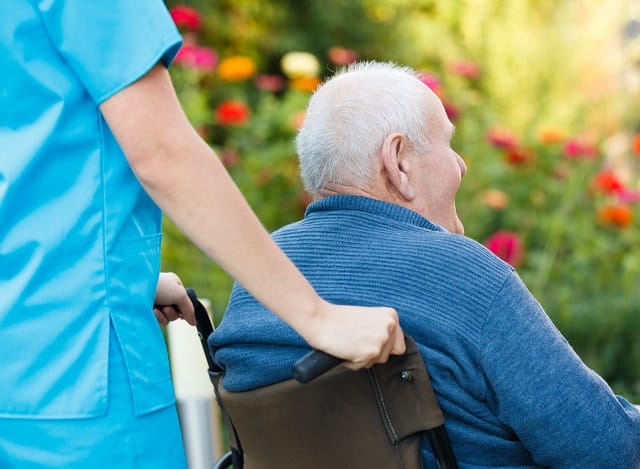5 Potential signs of nursing home abuse
Posted in Firm News, Medical Malpractice on April 2, 2019

According to U.S. News & World Report, there are 214 nursing homes in Washington. Thousands of families across the state have made the often-difficult decision of placing their loved ones in one of these facilities when they are no longer able to live at home.
While most residents have a positive experience at nursing homes, abuse does occur. Concerned loved ones should be aware of warning signs that this is occurring.
Signs of nursing home abuse
It is important to note that these signs do not prove nursing home abuse have occurred. Rather, concerned loved ones should be on the lookout for these signs which may indicate that their loved ones are at risk:
Physical signs
Bruising, cuts, scrapes, broken bones, pressure sores, and other unexplained injuries may indicate that abuse is occurring. Injuries to the wrists, upper arms, and ankles may indicate that the patient was forcefully grabbed. Cuts on the nose or cheek may indicate that the patient was hit across the face while wearing glasses.
Behavioral signs
Many nursing home residents suffer from dementia and other forms of memory loss. Due to this and other physical challenges, many of these individuals may not be able to communicate clearly. This is why it is important for concerned loved ones to be on the lookout for these behavioral signs of abuse:
· The resident may become agitated or easily startled
· The resident may act scared, especially around certain employees
· The resident may exhibit repetitive behaviors (such as rocking back and forth)
· The resident may start refusing medications or care
What can you do to ensure your loved one is safe?
First, pay attention. If you notice signs of abuse, make sure to document them. Report the behavior to the nursing home administration.
If the nursing home fails to take appropriate steps, you may choose to file a complaint with a state agency.
Most importantly, make sure your loved one is free from harm. It may be necessary to remove the resident from the facility.